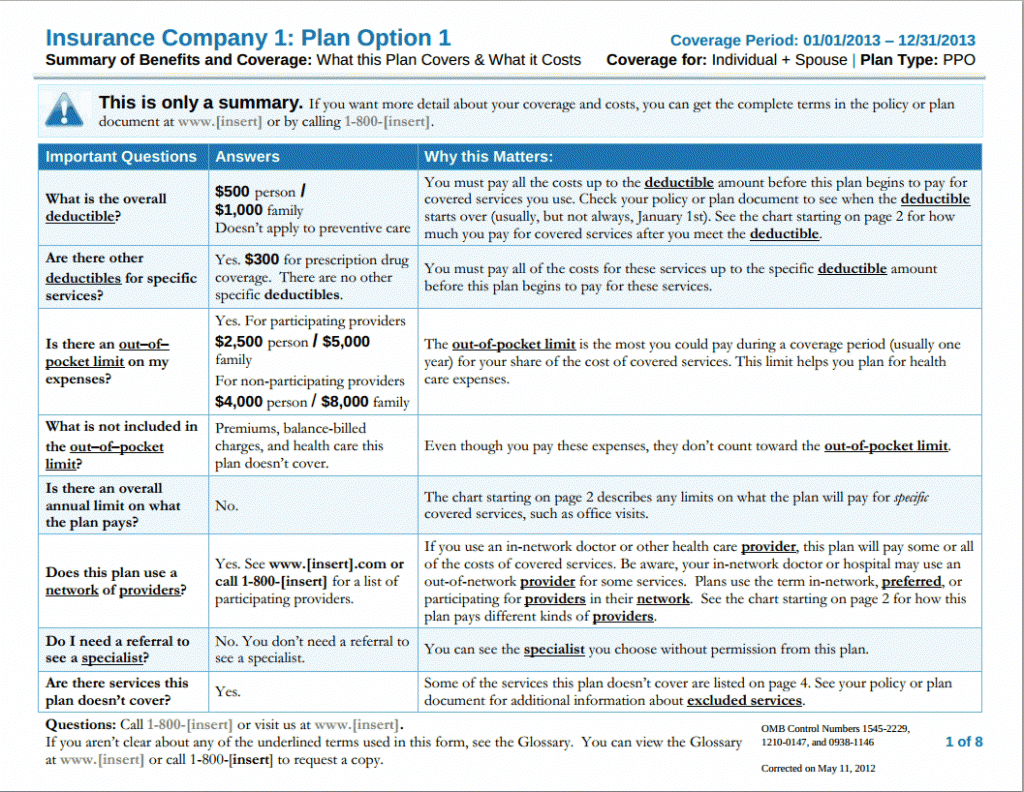Health Insurance In Toccoa, Ga - The Facts
Table of ContentsSome Known Questions About Final Expense In Toccoa, Ga.Home Owners Insurance In Toccoa, Ga Fundamentals ExplainedHealth Insurance In Toccoa, Ga Things To Know Before You Get ThisFacts About Insurance In Toccoa, Ga Uncovered

1 and 3. 2 (Annuities in Toccoa, GA), for additional information. New immigrants make up a considerable percentage of people without medical insurance. One evaluation has connected a substantial part of the current growth in the dimension of the united state uninsured populace to immigrants who got here in the country between 1994 and 1998 (Camarota and Edwards, 2000)
Wellness insurance policy coverage is an essential component in many designs that illustrate access to health treatment. The connection in between medical insurance and accessibility to care is well established, as recorded later on in this chapter. The connection in between wellness insurance and wellness end results is neither straight nor simple, an extensive clinical and health services study literary works web links wellness insurance policy protection to enhanced accessibility to care, much better top quality, and improved individual and population health status.
6 Easy Facts About Life Insurance In Toccoa, Ga Explained
The troubles encountered by the underinsured are in some areas similar to those faced by the uninsured, although they are generally much less severe. Health insurance coverage, nevertheless, is neither required neither sufficient to gain access to medical solutions. The independent and straight impact of health and wellness insurance protection on accessibility to wellness solutions is well established.
Others will acquire the health treatment they require even without medical insurance, by spending for it out of pocket or seeking it from service providers that provide care cost-free or at highly subsidized rates - Annuities in Toccoa, GA. For still others, health and wellness insurance policy alone does not guarantee invoice of treatment as a result of various other nonfinancial barriers, such as a lack of health care service providers in their neighborhood, restricted accessibility to transportation, illiteracy, or linguistic and cultural distinctions
The Definitive Guide for Medicare/ Medicaid In Toccoa, Ga
Official research study regarding uninsured populations in the USA dates to the late 1920s and early 1930s when the Committee on the Price of Medical Care produced a series of reports concerning funding doctor office gos to and hospital stays. This concern ended up being significant as the numbers of clinically indigent climbed up during the Great Anxiety.
Empirical research studies constantly sustain the link between access to care and boosted wellness outcomes (Bindman et al., 1995; Starfield, 1995). Having a regular resource of care can be considered a predictor of gain access to, instead than a straight measure of it, when wellness outcomes are themselves utilized as gain access to signs. Home Owners Insurance in Toccoa, GA. my blog This expansion of the notion of gain access to measurement was made by the IOM Board on Keeping An Eye On Gain access to to Personal Health Treatment Solutions (Millman, 1993, p
Nonetheless, the impact of parents' health and wellness and medical insurance on the well-being of their youngsters has actually gotten focus just recently. Whether parents are guaranteed shows up to affect whether or not their kids receive treatment along with just how much careeven if the youngsters themselves have protection (Hanson, 1998).
Commercial Insurance In Toccoa, Ga for Dummies

Emergency divisions are represented as a pricey and inappropriate site of primary treatment solutions, numerous without insurance individuals look for care in emergency departments due to the fact that they are sent out there by other health treatment carriers or have no place else to go. Emergency care experts argue that the nation's emergency situation divisions not only work as carriers of last hotel but are a critical entry factor right into the healthcare system (O'Brien et al (https://list.ly/list/9UF7-thomas-insurance-advisors?make_list_mode=true)., 1999)
Phase 2 provides an introduction of how employment-based medical insurance, public programs and private insurance policy plans operate and connect to supply comprehensive yet incomplete coverage of the united state population. This consists of a review of historic fads and public laws impacting both public and personal insurance, a discussion of the communications amongst the different kinds of insurance policy, and an assessment of why people relocate from one program to one more or finish up with no coverage.Chapter 3 manufactures existing information to get to a composite description of the without insurance: What features do people without coverage often share? Where do the without insurance live? The chapter also offers details about the risk of being or ending up being uninsured: How does the chance of being without insurance modification relying on chosen characteristics, such as racial and ethnic identity, rural or metropolitan residency, and age? What are the possibilities for specific populations, such as racial and ethnic minorities, country citizens, and older working-age persons, of being uninsured? How does the opportunity of being without insurance modification over a lifetime? Along with defining the possibility of being without insurance in terms of a single measurement, such as gender, age, race, job condition, or geographical area, Phase 3 likewise provides the results of multivariate analyses that offer a more interesting representation of the variables that add to the possibilities of being uninsured.